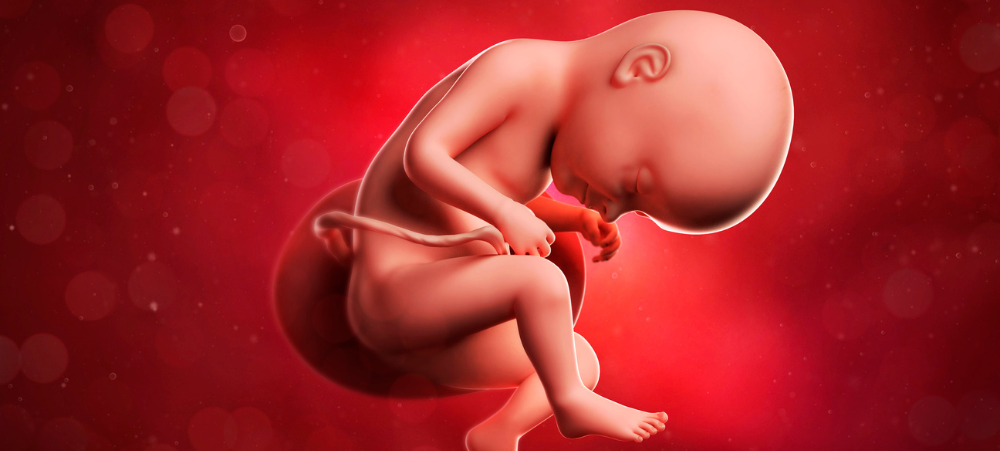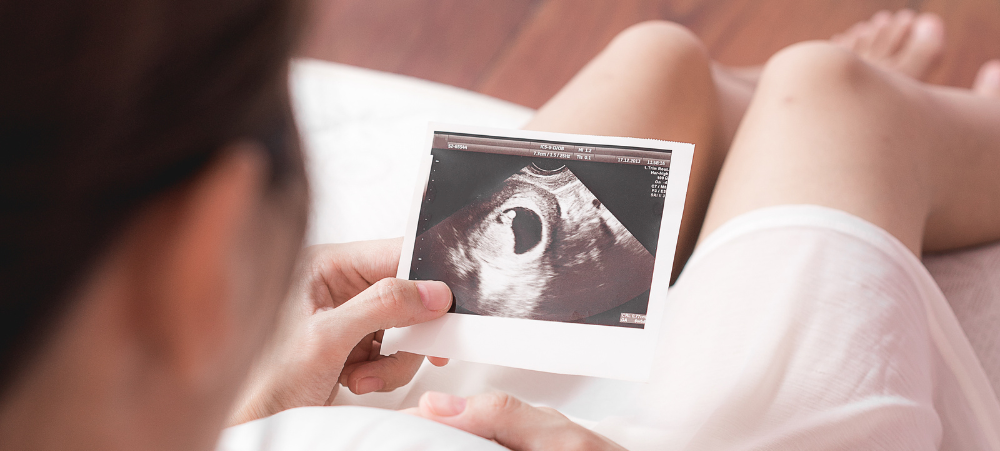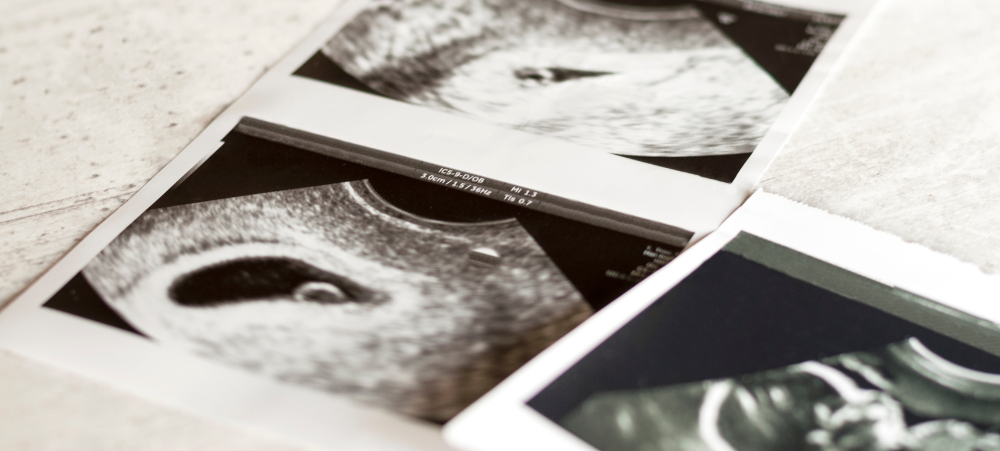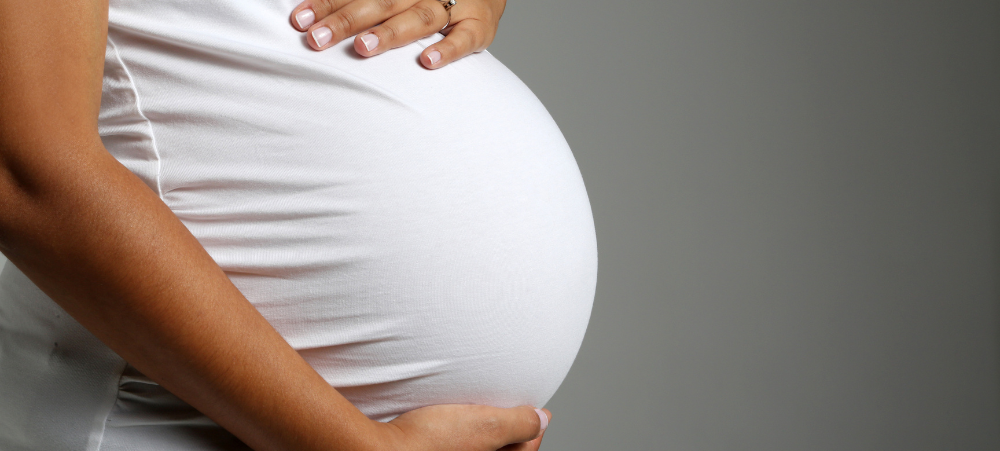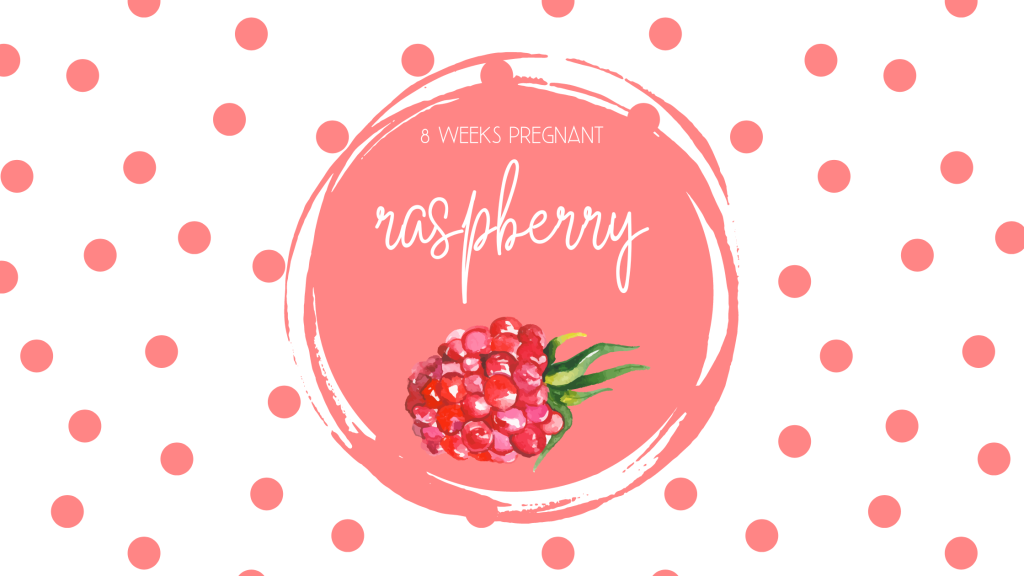
It’s week 8 of your pregnancy and your baby is beginning to look more like a little human. You’ll probably be feeling many of the first-trimester pregnancy symptoms but you shouldn’t be showing just yet, so enjoy your flat figure while it lasts!
Your body at week 8
Even if you don’t outwardly look pregnant, you’re definitely feeling it. Your first trimester brings morning sickness (not just in the morning!), tender breasts, fatigue, pregnancy cramps and a heightened sense of smell.
Dealing with morning sickness and fatigue its important that you remember to stick to a healthy lifestyle. Eating well, exercising often and trying to make sure you get enough sleep. It’s important that you take prenatal vitamins during this time as well.
Where your baby is at
Your baby is now roughly the size of a bean or a raspberry. They are becoming more distinctly human, developing arms and legs. Their digestive system also develops around this time. If you get an ultrasound you may notice that your baby has a disproportionate body, with a large head – this is because the upper body develops faster than the lower. However, in 32 weeks time, your baby will be a normal-sized little-human.
Things to remember
Your first prenatal check-up around this time, where you may have blood tests and an early ultrasound to check your baby’s growth and heart rate. If you have lots of questions for your doctor it is a good idea to write them down, so you don’t forget when you arrive – especially if this is your first pregnancy.
During the first trimester, you are at higher risk for a miscarriage. It is estimated that 1 in 8 women experience miscarriages, often before they realise they are pregnant. Signs of a miscarriage are cramping and pain in the lower back and abdomen, as well as light spotting to heavy bleeding. If you suspect miscarriage, it is important that you contact your doctor so that they can help you during this time.
For 2025 we have a renewed Female Health Programme:In collaboration with CareWorks, it’s accessible to all female members aged 18 and above, with an emphasis on preventative care and early detection of female-specific health issues. In addition, we have an enhanced Maternity Programme to support expecting mothers. This includes early identification of and weekly engagement for high-risk pregnancies, post-childbirth care and associated mental health follow-up calls for new mums, given the prevalence of pre and postnatal depression. Also, milestone reminders for children under 3 and cover for antenatal vitamins through savings, day-to-day benefits or the Benefit Booster
Bonitas Medical Fund
0860 002 108
View Website: www.bonitas.co.za
- Putting together your birth plan - December 23, 2025
- Breastfeeding tips - December 15, 2025
- Mental health matters during the festive season: Let’s normalise getting help - December 11, 2025

